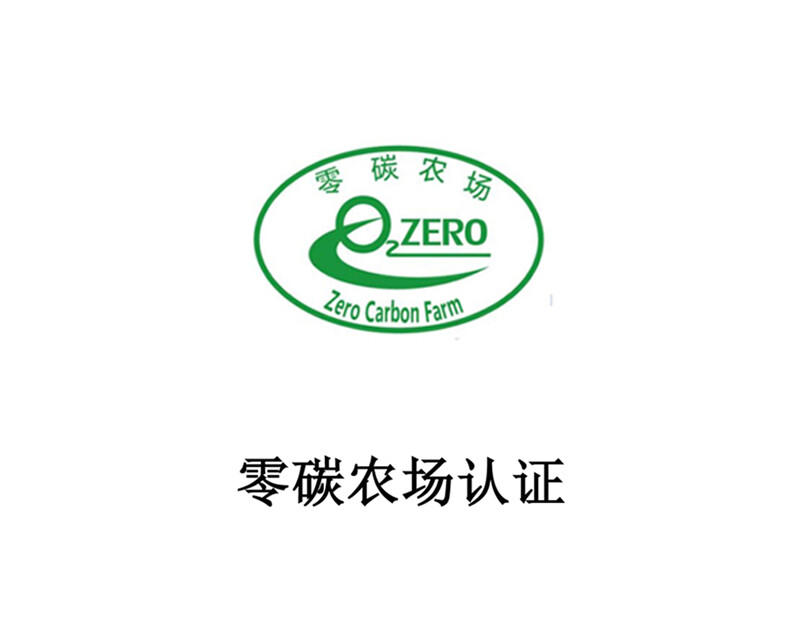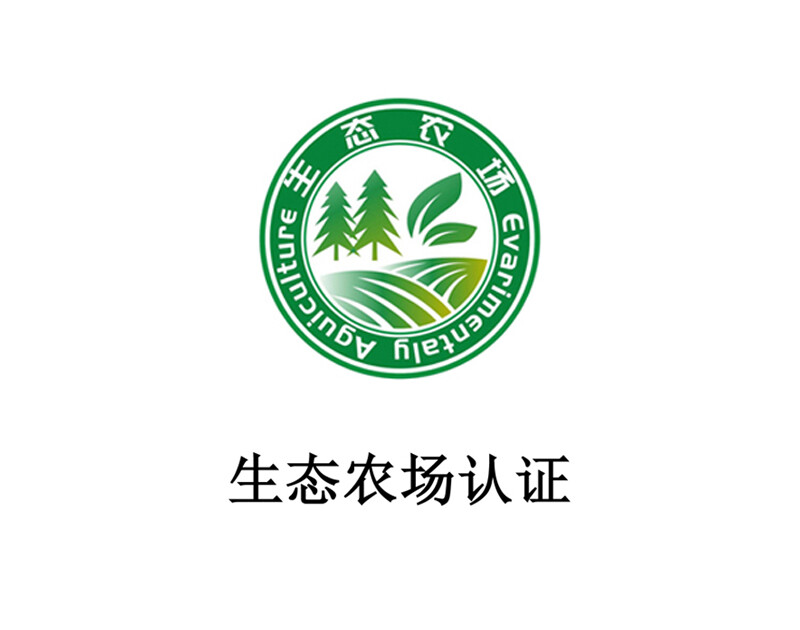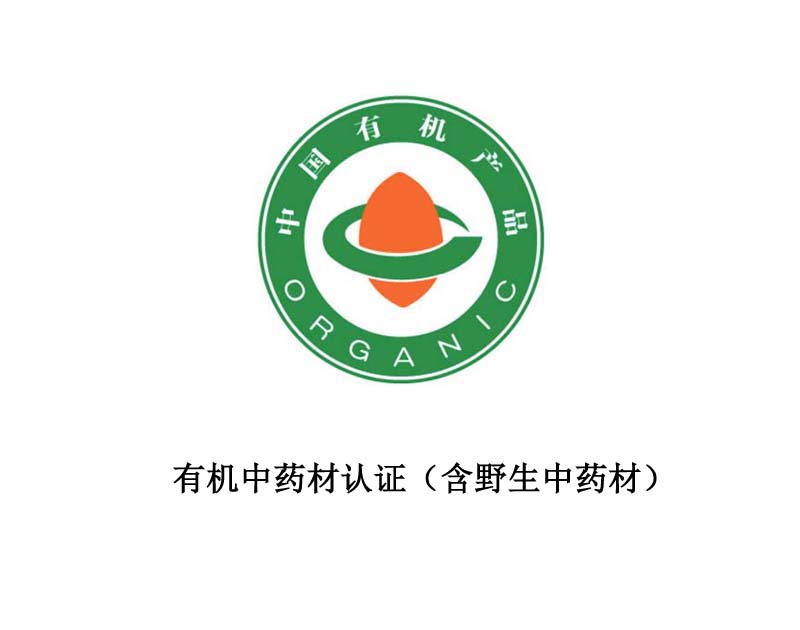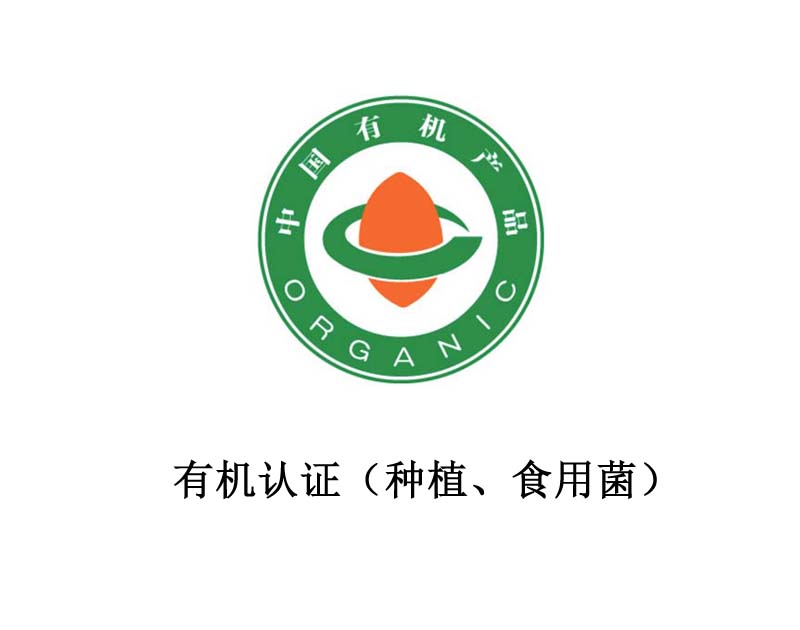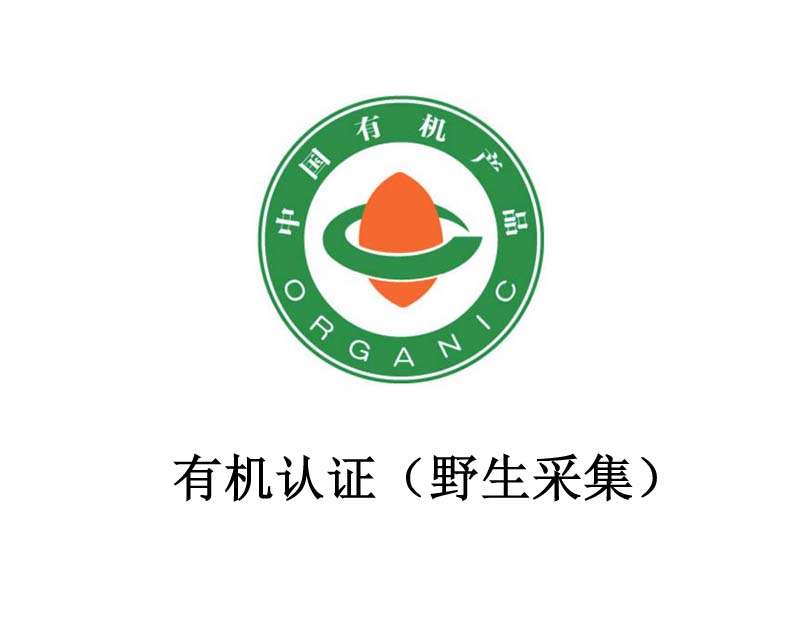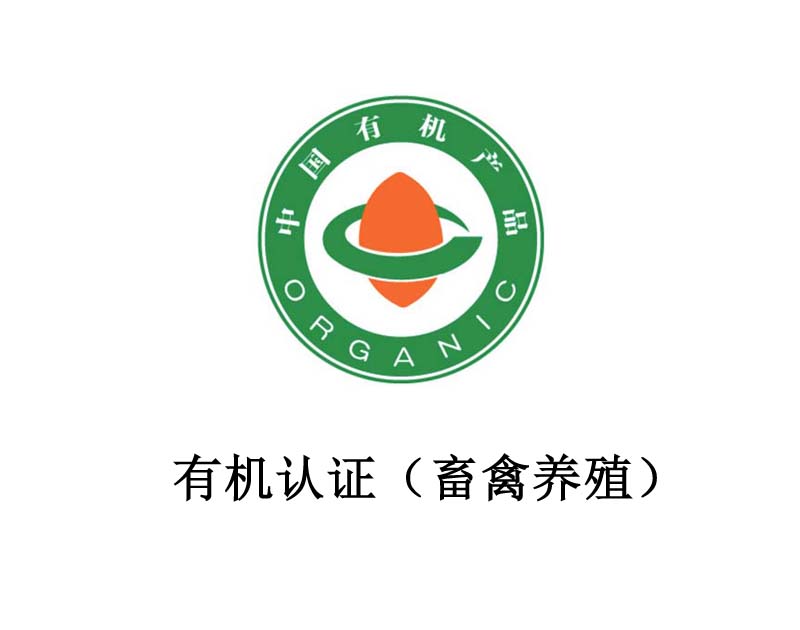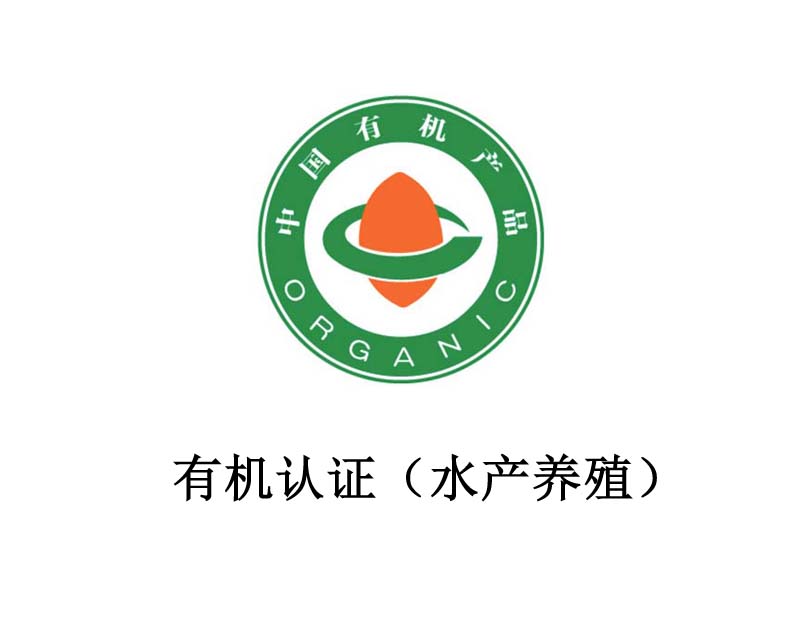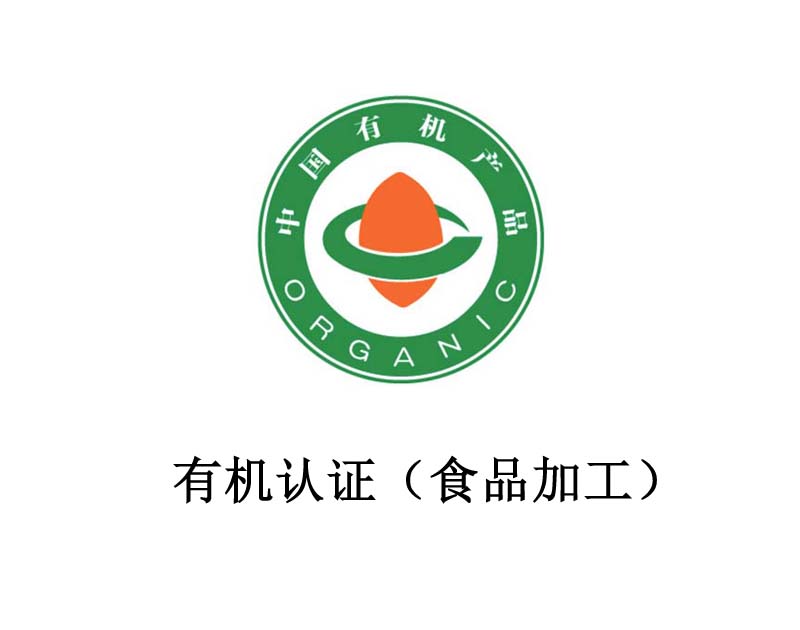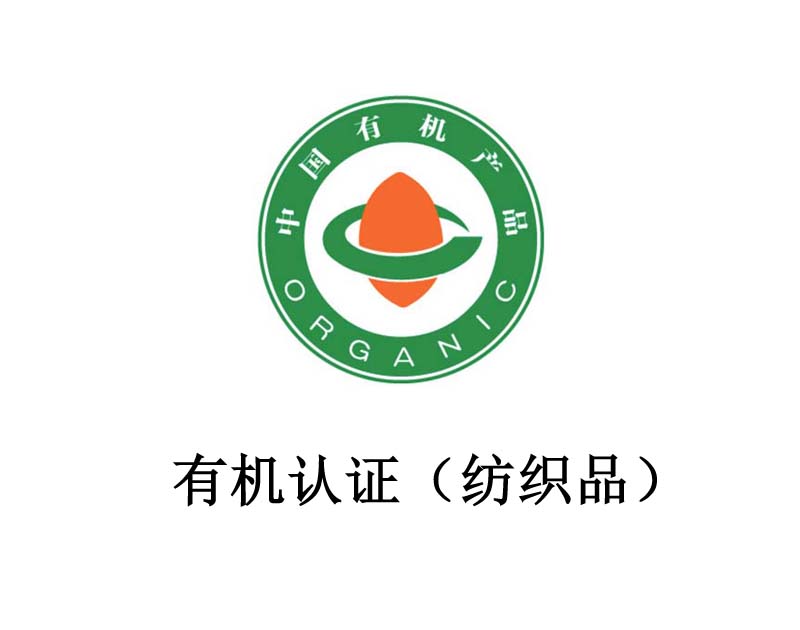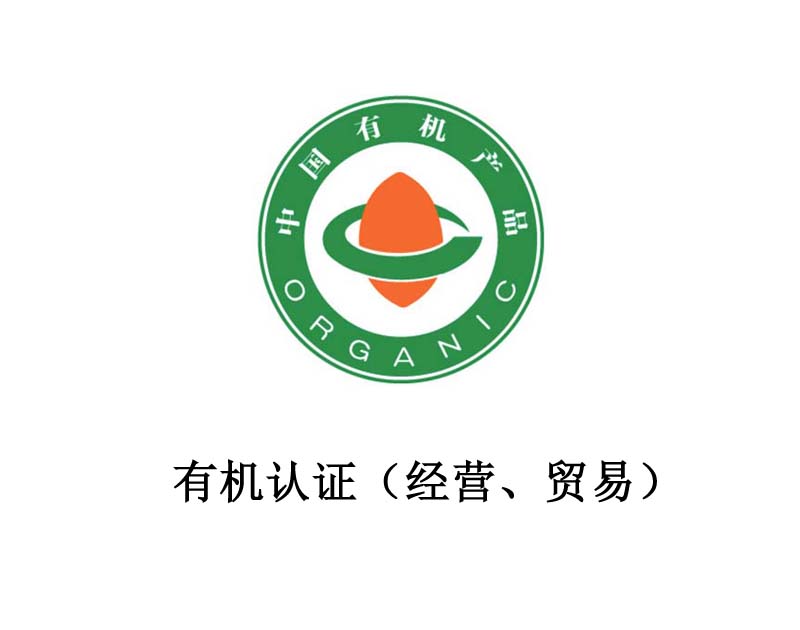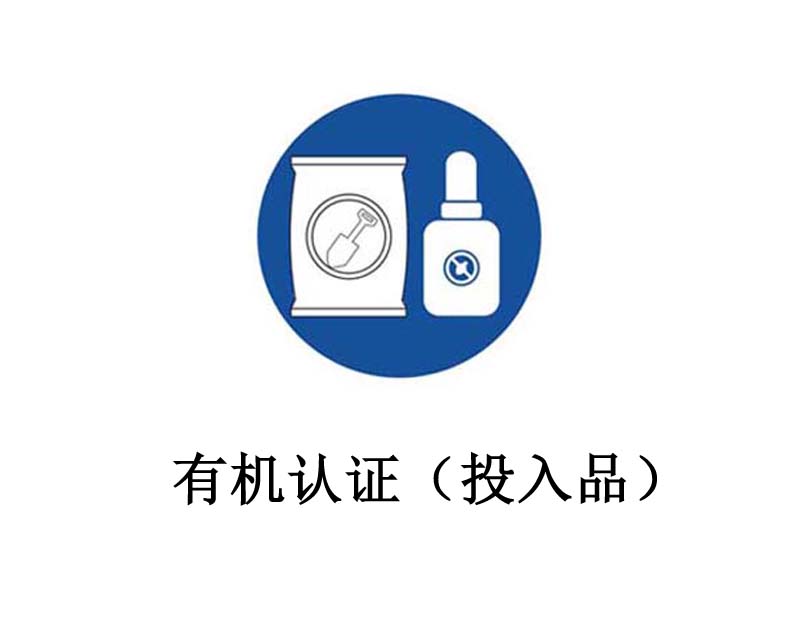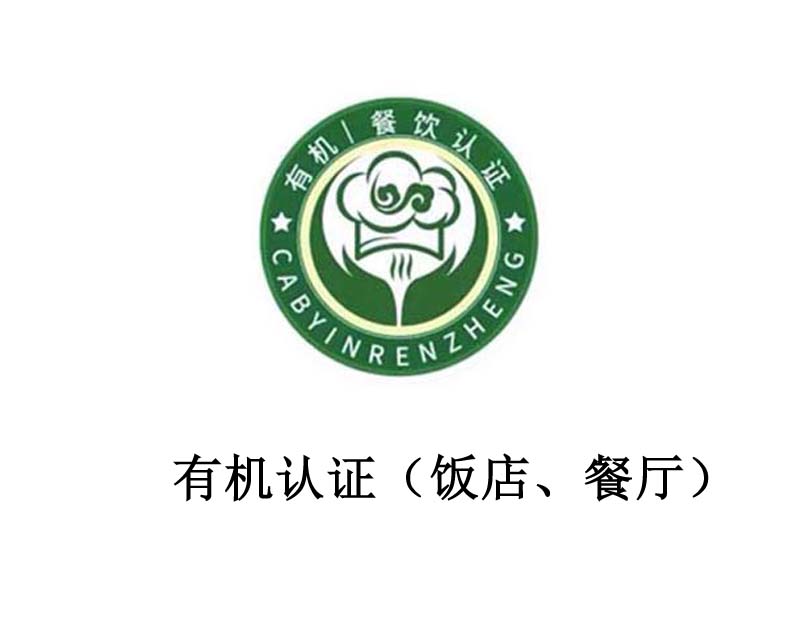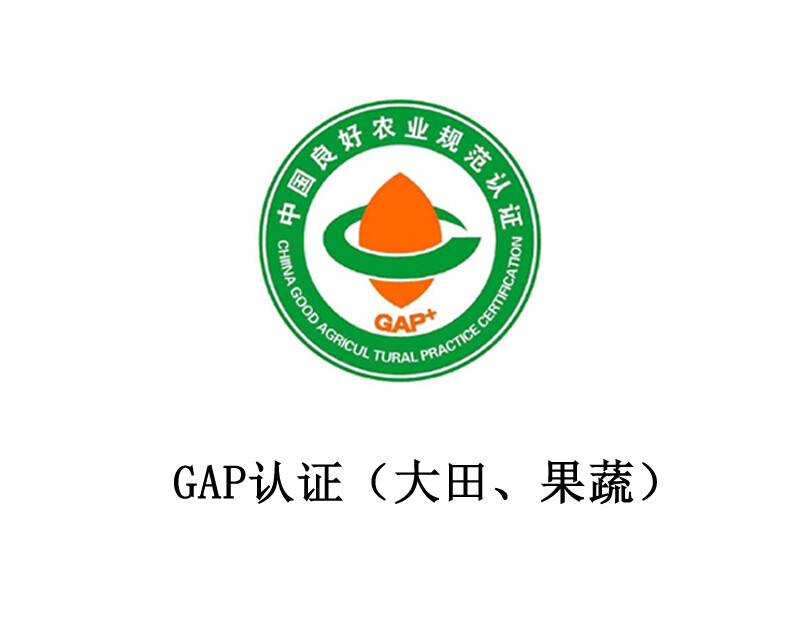Agricultural Product Food Certification Service Network
Technical Support: China Green Huaxing (Beijing) Agricultural Research Institute
Copyright: Guohuan Organic Agricultural Products (Dezhou) Co., Ltd
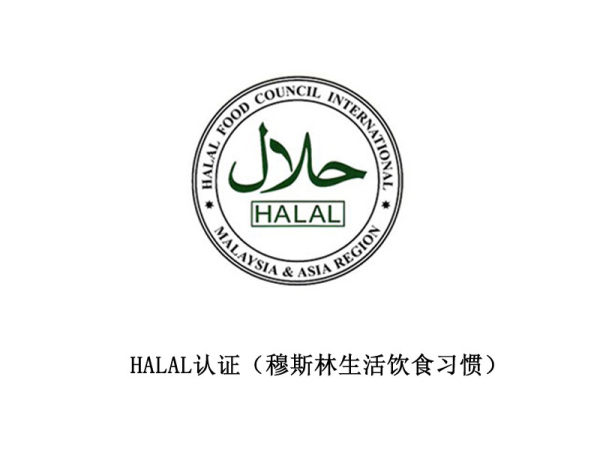
Halal Definition:
The word Halal means: "permitted, acknowledged, approved, ratified, consented, legally permitted, legal, lawful or legitimate". When used in relation to food or drink, in either form, it means permitted and fit for Muslim consumption.
To be considered Halal, a food or drink must be in accordance with Islamic dietary laws, as detailed in the Quran, the Hadith (sayings) of the Prophet Muhammad and his Shariah (traditions), and in the Fiqh (teachings) of Islamic jurists: "Hanafi, Sahfi'i, Malki, Hanbali, etc." Other regulations come from Ijma' (collective scholars) and Qiyas (similar) Islamic scholars.
The Halal Certification Authority (HCA) certifies products that meet the above conditions, so certified products can be accepted by all Muslims.
Halal Products:
A product is considered Halal if it, in whole and in part, complies with the following requirements:
1. Does not contain any substance or ingredient obtained or extracted from Haram animals or ingredients.
2. Processing, production, manufacturing and/or storage using instruments, equipment and/or machines that have been purified according to Islamic teachings.
3. It must not come into contact with, come into contact with, or be near Haram (non-lawful food according to Islamic law) substances during preparation, manufacturing, production, processing and/or storage.
What are the raw materials for processed foods that meet HALAL requirements?
In principle, the following products can be considered halal:
1. Milk (or goat milk, camel milk);
2. Honey;
3. Fish;
4. Plants (non-intoxicating);
5. Fresh or frozen vegetables;
6. Fresh fruits and dried fruits;
7. Beans and nuts such as peanuts, cashews, hazelnuts, walnuts, etc.
8. Cereals, such as wheat, rice, rye, oats, etc.;
9. Animals such as cattle, sheep, deer, elk, chickens, ducks, game birds, etc. are also halal, but they must be slaughtered in a manner that complies with Islamic law before they can be eaten (or used for other purposes).
What are the raw materials of processed foods that do not meet HALAL requirements?
A product that comes in contact with or contains in whole or in part any of the following is considered a Haram product ("not permitted, recognized, approved, approved, consented, legally permitted, illegal, unlawful or improper.").
1. Animals that are not slaughtered in a halal manner
2. Pigs, dogs, donkeys or carnivores
3. Animals killed by slaughter, blow to the head (e.g. clubbing), falling, natural death (carrion), congestion, or attack by other animals
4. Animals with prominent canine teeth such as monkeys, cats and lions.
5. Amphibians, such as frogs and crocodiles.
6. Unwelcome insects such as worms, flies and cockroaches.
7. Birds that hunt with their claws, such as owls and hawks.
8. Alcohol, harmful substances, poisonous and intoxicating plants or beverages.
9. Blood
Halal Certified Product Production Guide
1. Carry out equipment cleaning under supervision.
2. Raw material and product storage rooms and preparation areas should be isolated and differentiated.
3. Storage and processing of halal products should be carried out under supervision.
4. Halal and non-halal products should not be processed in the same equipment at the same time.
5. Raw, unprocessed seafood, vegetables and fruit ingredients do not have to be Halal certified and can be obtained from any supplier.
6. Raw materials, except as mentioned in clause (5), should be procured from Halal approved suppliers and kept segregated in the storage room from other ingredients which are not acceptable for non-Halal products.
7. Any product, ingredient or finished product that is not approved or certified cannot be used in the preparation of halal products.
8. Halal products that come into contact with non-halal products during processing will not be considered, labeled or sold as Halal and should be treated as ordinary products.
